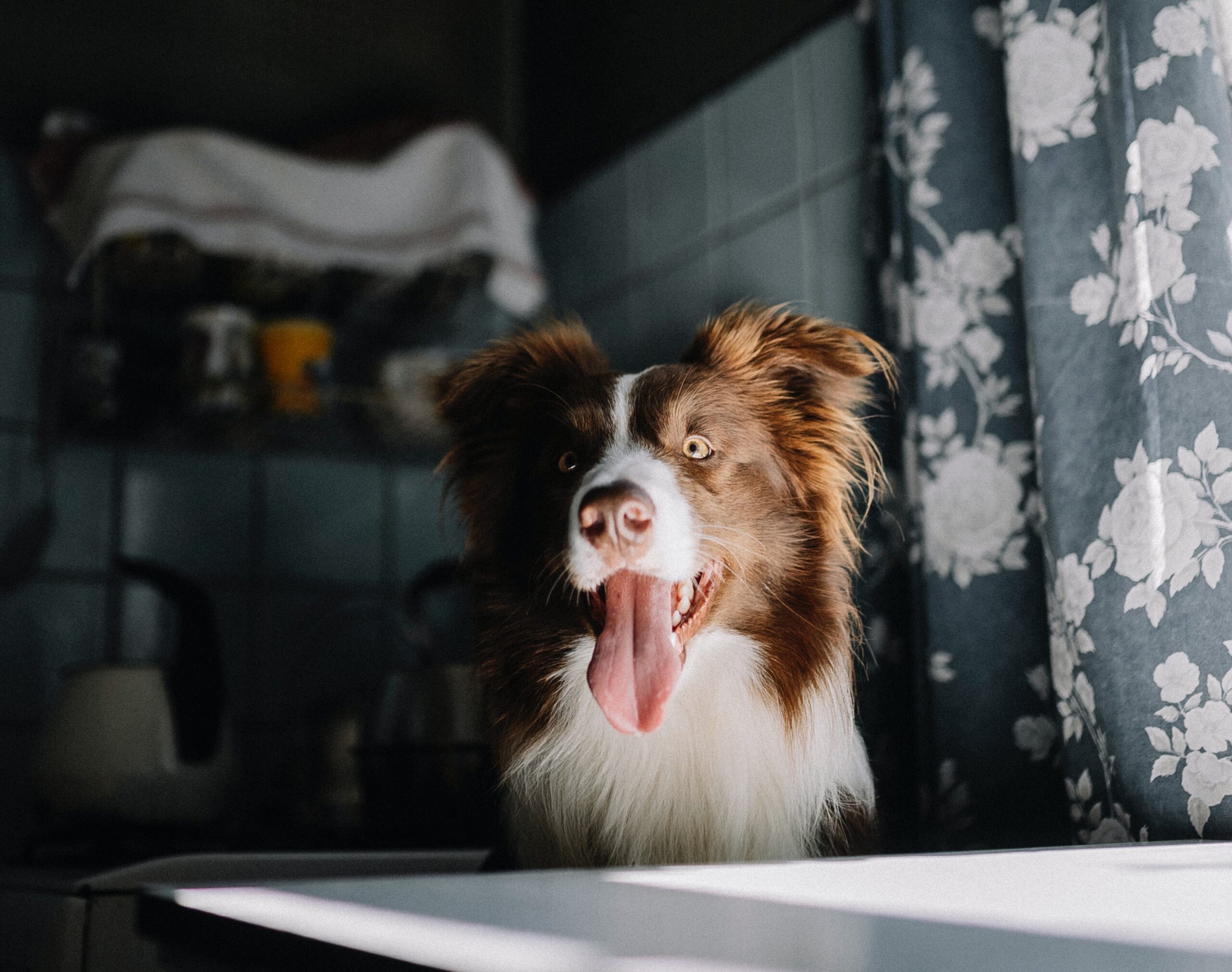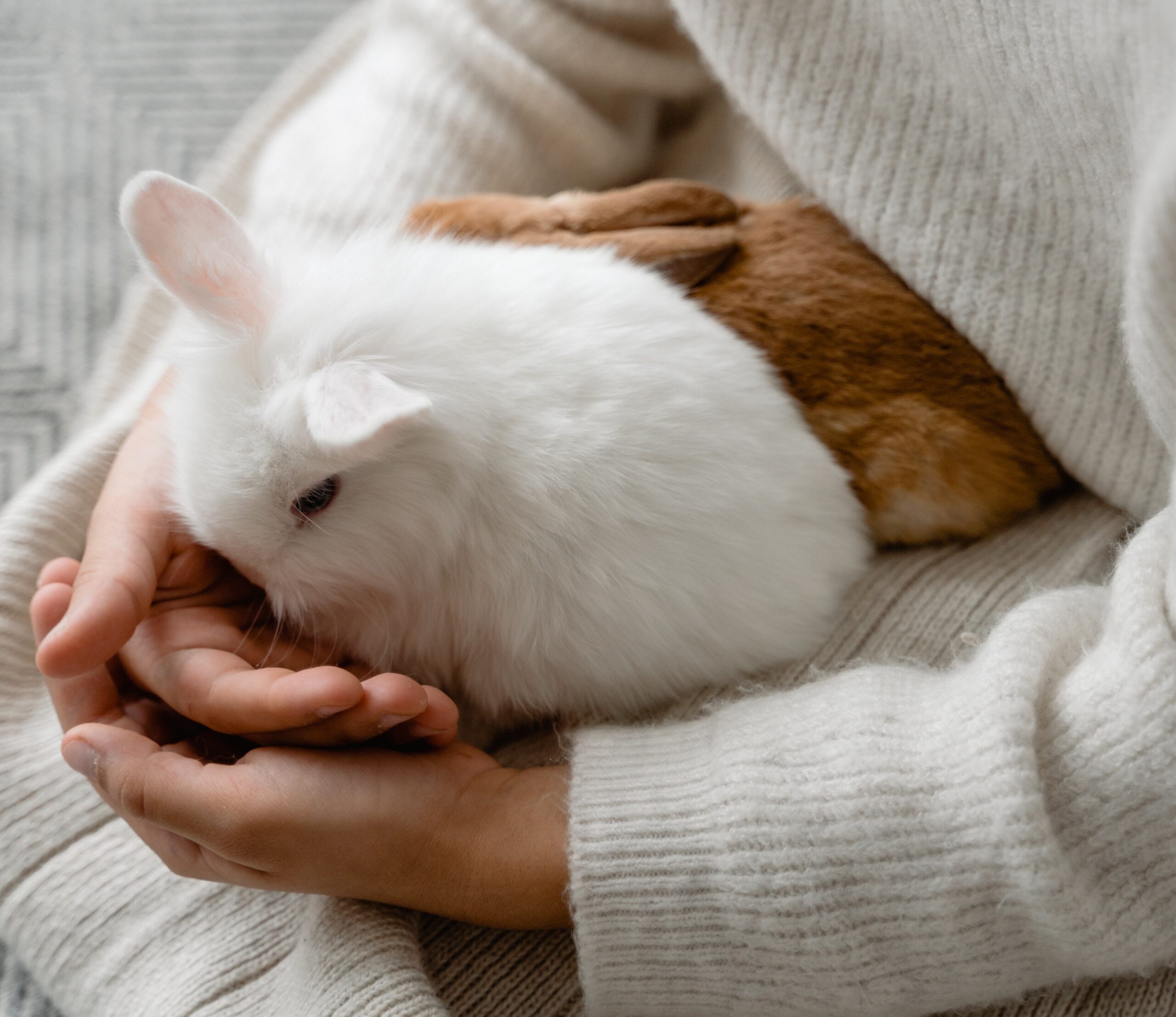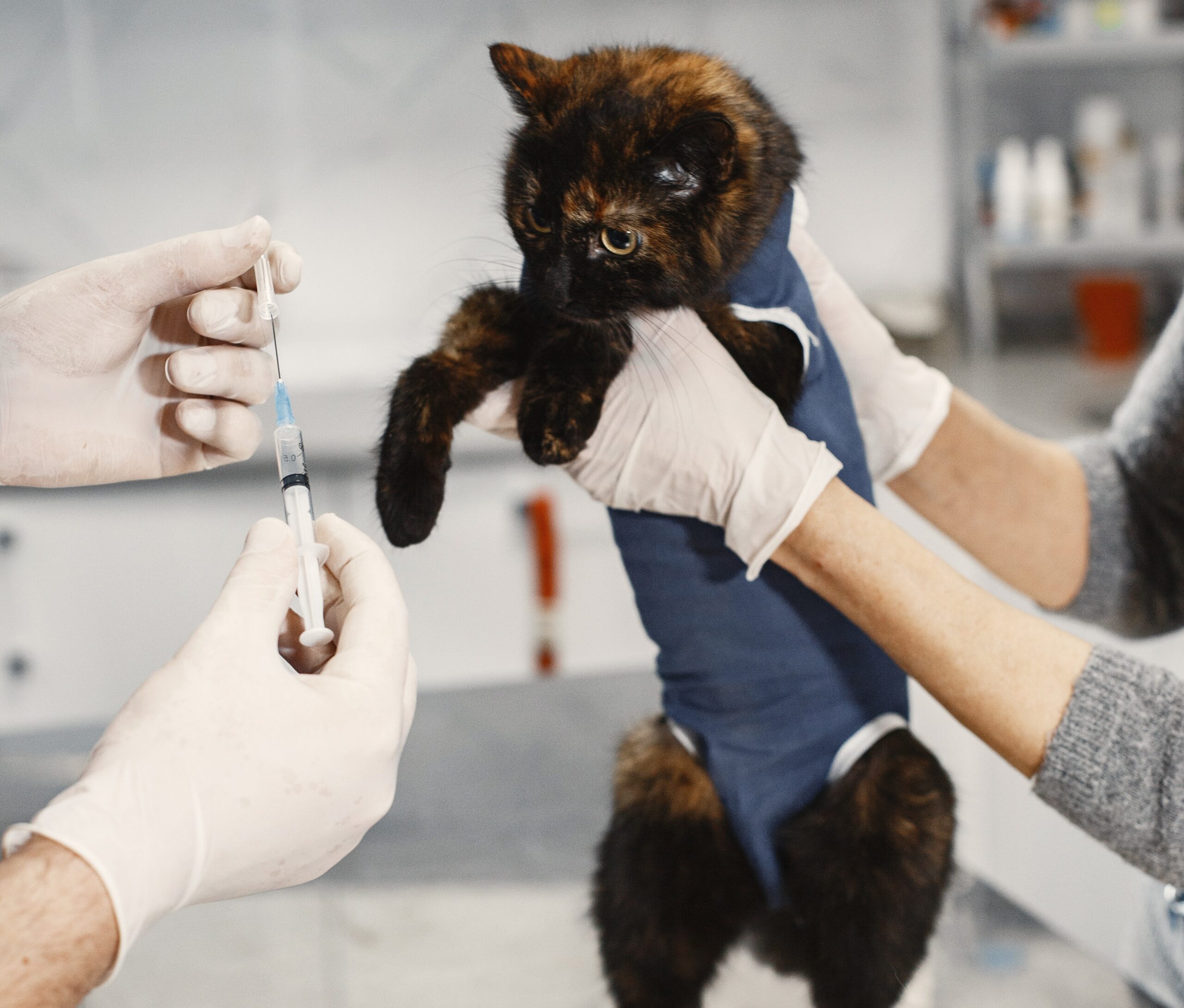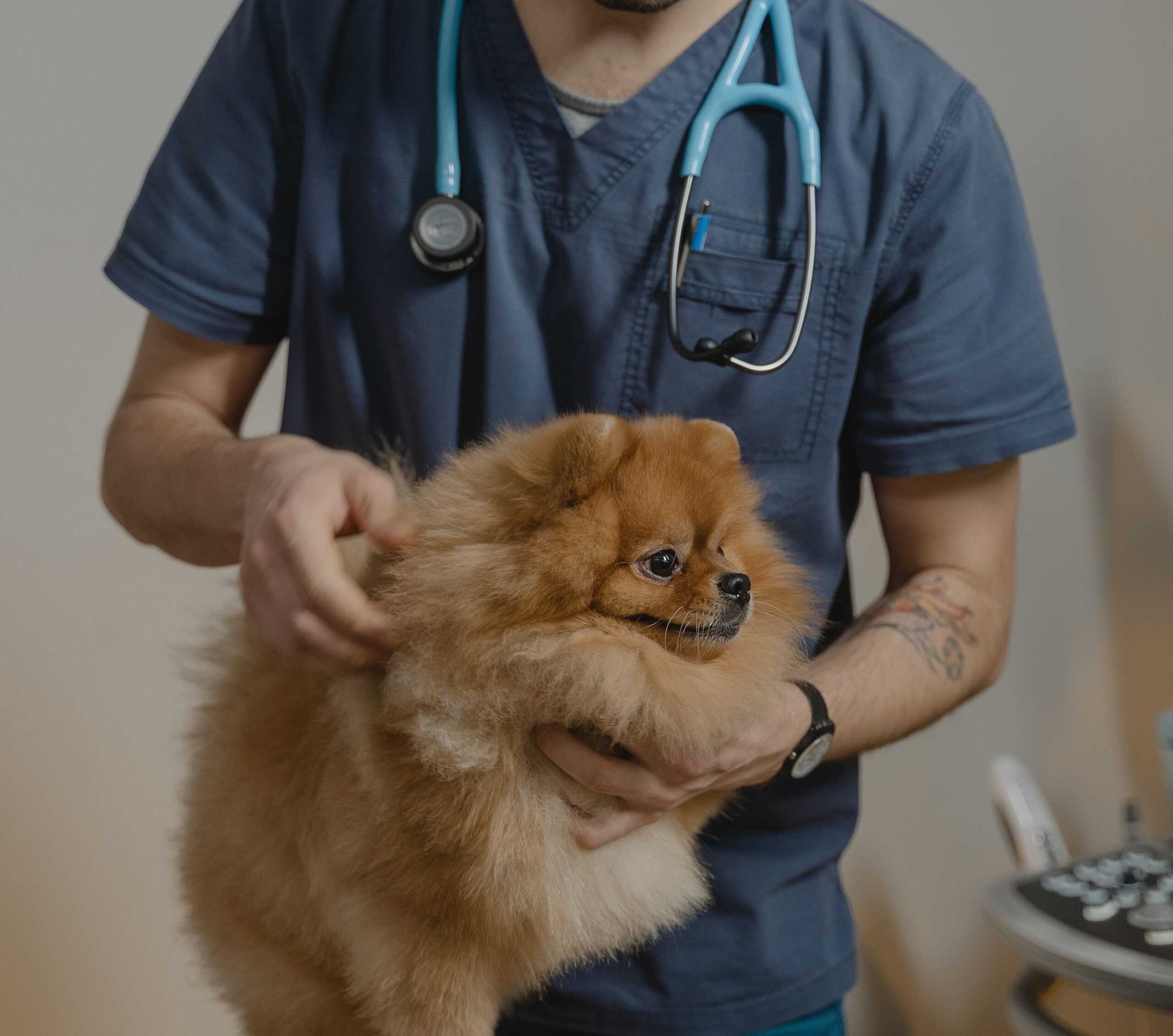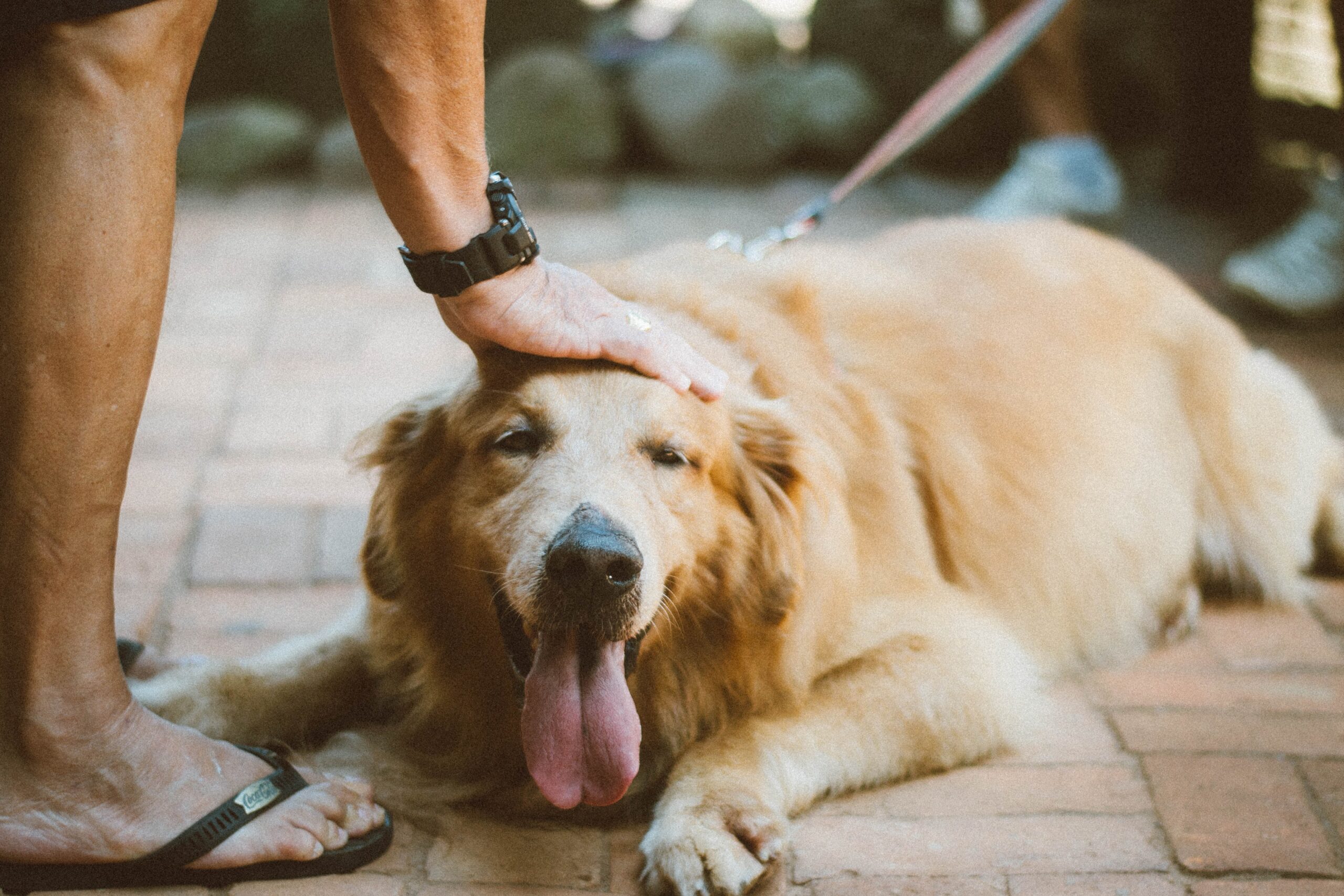Vaccines for Exotic Pets: All You Need To Know
As more people adopt exotic pets, it becomes essential to ensure their health and wellbeing. Vaccines are an important part of that, protecting exotic pets from diseases and viruses that could otherwise be fatal.
In this article, we’ll explore the different types of vaccines available for exotic pets, why they’re important, and how they work.
Why Vaccines are Important for Exotic Pets:
Exotic pets often come from other countries or regions, and as a result, they may carry diseases that are not typically found in the area where they are now living. This can put not only the pet but also other animals and even humans at risk. Vaccines are designed to protect pets from these diseases, helping them stay healthy and reducing the risk of transmission to others.
Types of Vaccines for Exotic Pets
There are several different types of vaccines available for exotic pets, including:
- Rabies Vaccine – Rabies is a fatal viral disease that affects the nervous system. It’s transmitted through the saliva of infected animals, and can be passed to humans. Rabies vaccines are typically required by law for domestic pets like dogs and cats, but they are also important for exotic pets like ferrets, skunks, and bats.
- Avian Influenza Vaccine – Avian influenza is a viral disease that affects birds, and can be deadly in some cases. It can also be transmitted to humans. The avian influenza vaccine is recommended for birds kept as pets or in aviaries.
- Distemper Vaccine – Distemper is a viral disease that affects dogs, and can also affect other animals like ferrets and raccoons. It’s highly contagious and can be fatal. The distemper vaccine is important for any pet that could come into contact with infected animals.
- Herpesvirus Vaccine – Herpesvirus is a common virus that affects snakes, lizards, and turtles. It can cause respiratory infections and other health problems. The herpesvirus vaccine is recommended for these types of pets.
How Vaccines Work:
Vaccines work by exposing the pet’s immune system to a weakened or dead version of a virus or bacteria. This exposure triggers the immune system to produce antibodies, which will recognize and fight off the actual virus or bacteria if the pet is ever exposed to it in the future.
Vaccines are typically given in a series of shots, with the first shot providing some protection and subsequent shots boosting that protection over time. It’s important to follow the recommended vaccination schedule for your pet, as this will provide the best protection against disease.
Conclusion:
Vaccines are an essential part of keeping exotic pets healthy and protecting them from potentially deadly diseases. Different types of vaccines are available, depending on the type of pet and the diseases that are common in its region. By following the recommended vaccination schedule and working with a veterinarian who specializes in exotic pets, you can help ensure your pet stays healthy and happy for years to come.
You May be Interested in…
Pet Vaccine Storage and Handling: A Guide for Pet Owners
Vaccine Reactions and Side Effects: What You Need to Know
Discover all You Need to Know about Your Pet Health and Wellness


